Waiting for NetNavis: A plea for a more personal, secure assistant
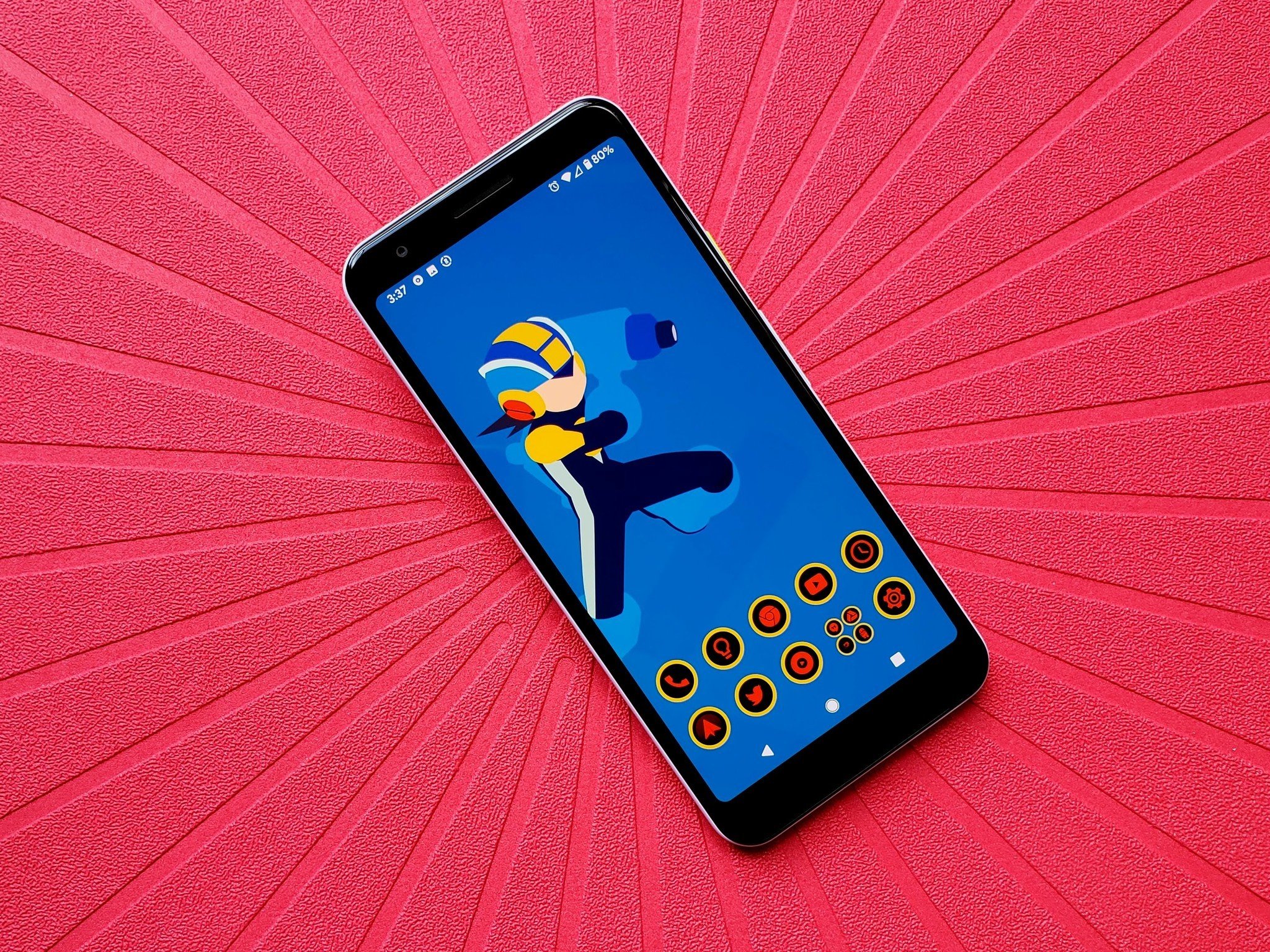
Security an inescapable topic online, one with many layers of complexity, nuance, and even more layers of FUD and misconceptions around it. Stories around data breaches and how information is used by the companies we give it to can exhaust even the most hardened professionals and drive uninitiated users away from services and devices that could improve their lives.
There is a lot to be worried about online, even when you trust the system as I do — yes, call me naive, but I don't think Google is spying on everything I type on my Chromebook or recording me in stereo from the Assistant speakers on either side of my bed. Between having to track a million account credentials, trying to keep your data safe and just vainly attempting to keep your digital life together, I keep having flashbacks to my Saturday morning cartoons and desperately wish in this age of AI that NetNavis was real.

For those of you who didn't play the Mega Man Battle Network games — or watched/read MegaMan NT Warrior — NetNavis are Inter(Net Navi)gators, sentient AI programs inside personal computer terminals that are made to assist their user in operating their device and accomplishing their daily tasks. Custom NetNavis have vibrant personalities that can think for themselves and even argue with their operators at times when they're slacking off or doing something the navi thinks is wrong.
Google Assistant and Amazon Alexa can be useful assistants given enough time and behavior to draw from, but they're not nearly proactive enough. An AI assistant that can take more initiative and engage users more directly to maintain a dialog and keep users on-task and successful in their work could be far more of a boon than current productivity tools and distraction-reducing programs like Digital Wellbeing.
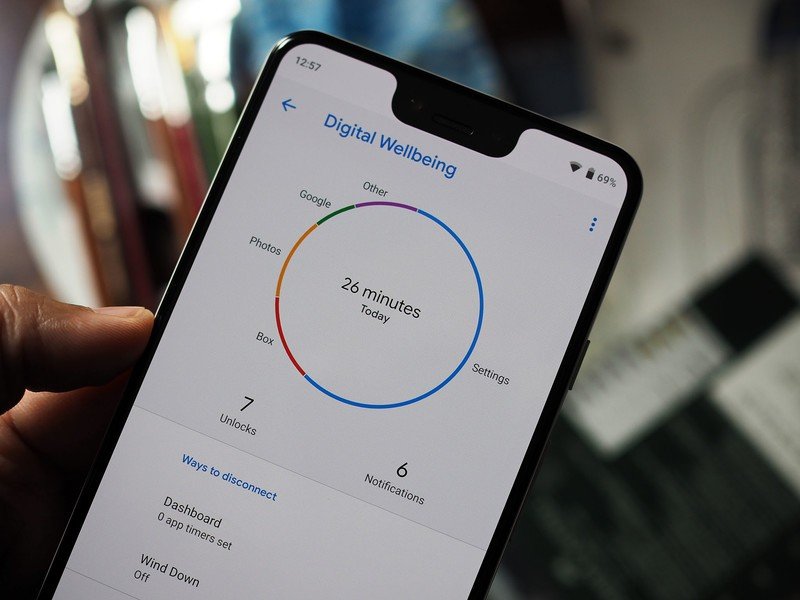
NetNavis were also personal security programs, protecting the user's devices and data by fighting off and deleting virus programs and malicious navis attempting to hack into sensitive systems. Now, we might not have Virus Busting in real life, but NetNavis would have potential for many security uses if they did exist, such as acting as a more secure authentication method or a sign sign-on system.
By having a single program oversee a user's security and privacy, it could not only allow users gauge what data has been collected by the apps and services they use — and remove data that you no longer want a service to have — but also help users understand what it actually means when things like data breaches take place or data misuse is reported. Being able to rely on the keeper of your data to be honest and transparent when you have questions could help go a long way towards dispelling some of the FUD that plagues internet security.
Right now when an account login is compromised or there's a security breach that impacts your data, at most you get a lengthy email full of boilerplate that doesn't really make much sense. At worst, you only get a notification to change your account password and no real word on if someone actually got your data or not.
Be an expert in 5 minutes
Get the latest news from Android Central, your trusted companion in the world of Android
Beyond these more practical uses, there's another reason I really, really wish AI assistant eventually morphed more into NetNavis: I want personal assistants to feel more like people and less like a walking search engine.

Most adults' NetNavis helped them at work with jobs like helping fly helicopters and analyzing corrupted data, but they also served as company, companionship, and a digital conscience. MegaMan would pester Lan about not doing homework and would keep him company while he zipped around town on those sick skate shoes (another thing I desperately wanted as a kid).
While you can technically can hold conversations with AI assistant right now, Google Assistant doesn't really have that much to say beyond search results and some pre-scripted sass. Extra voices and some jokes here and there have made some small inroads to making your personal AI assistant actually feel personalized, but enabling them to hold up conversations that aren't command-based could help make the tech more approachable to potential users who only hear about Assistant and Alexa when someone questions their security.
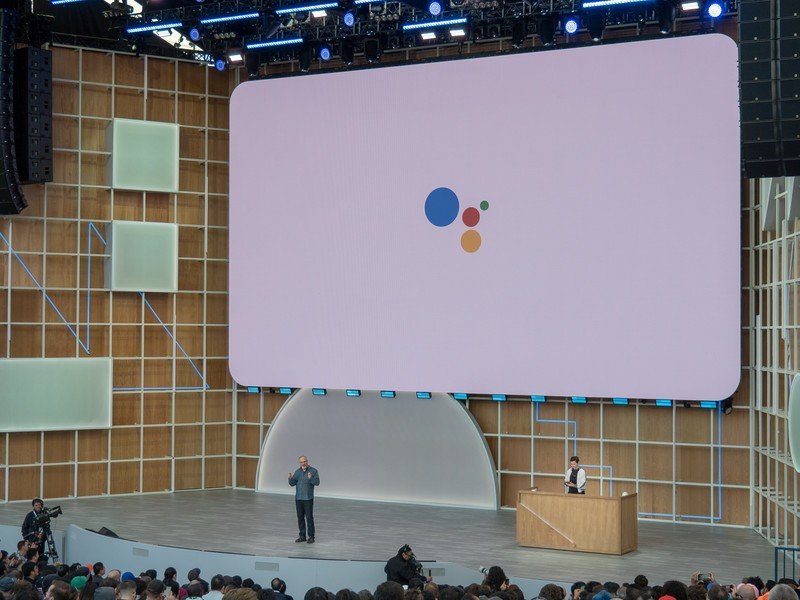
Again, I know this is some pie-in-the-sky dreaming right here, but considering how far AI has come in the last few years — especially the on-device AI capabilities Google showed off back at I/O a few months ago — this doesn't feel like as much of a pipe dream as it did five years ago when I first started writing here at Android Central.
So, as I keep my eyes peeled to the horizon of digital assistants, I will keep dreaming of NetNavis that will sass me for spending four hours watching Critical Role when it starts at bedtime.
The best of Google Assistant today
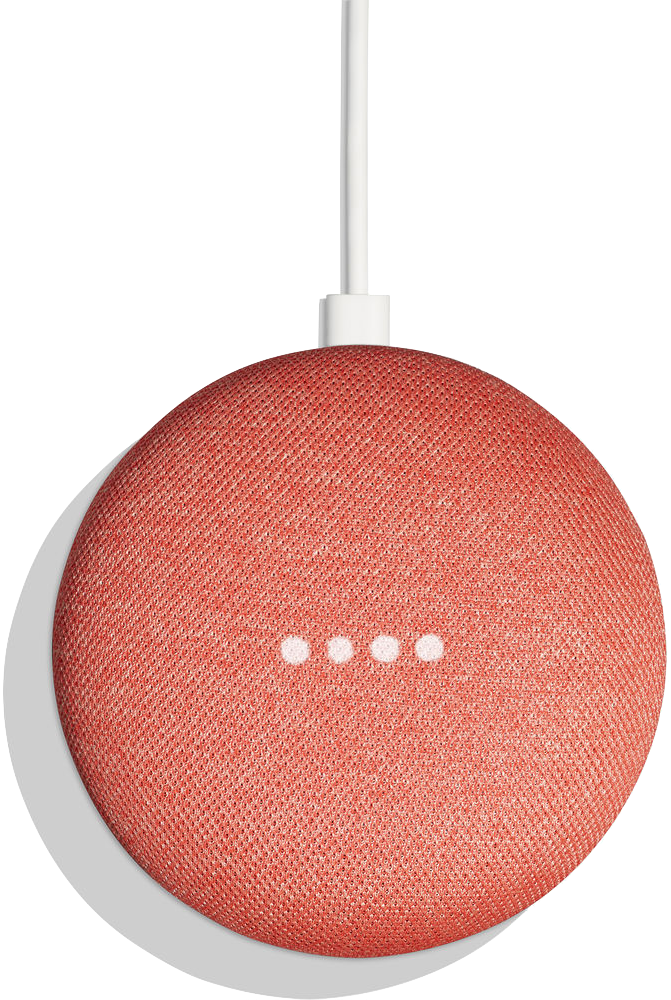
Google Home Mini ($49 at B&H)
This little donut-shaped speaker fits anywhere and everywhere and gives you Google Assistant at a moment's notice. Its' great for smaller rooms or when paired to Bluetooth speakers.
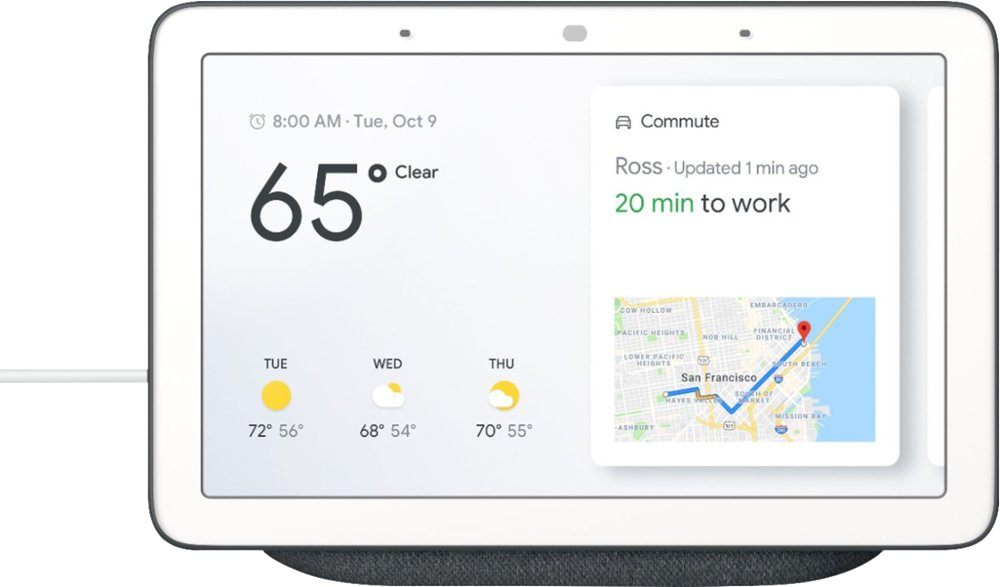
Google Nest Hub ($129 at B&H)
Google Assistant is great on speakers, but it gets even better when you add a screen. The Nest Hub's 7-inch screen is the sweet spot between too small to be useful and too big to fit on a nightstand.
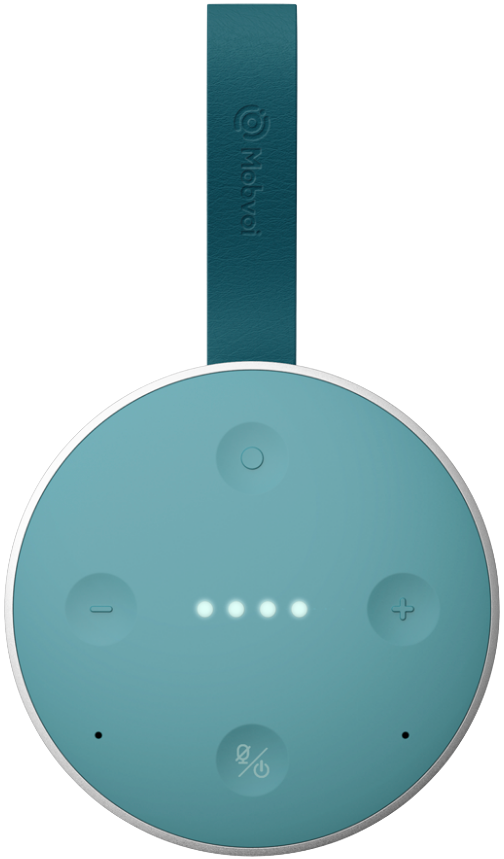
Mobvoi TicHome Mini ($100 at Mobvoi)
I have one of these hanging from my bedpost so that it aims the sleep sounds right at my head every night, but it's also awesome for bringing voice commands into your morning shower sing-alongs.
Ara Wagoner was a staff writer at Android Central. She themes phones and pokes YouTube Music with a stick. When she's not writing about cases, Chromebooks, or customization, she's wandering around Walt Disney World. If you see her without headphones, RUN. You can follow her on Twitter at @arawagco.

